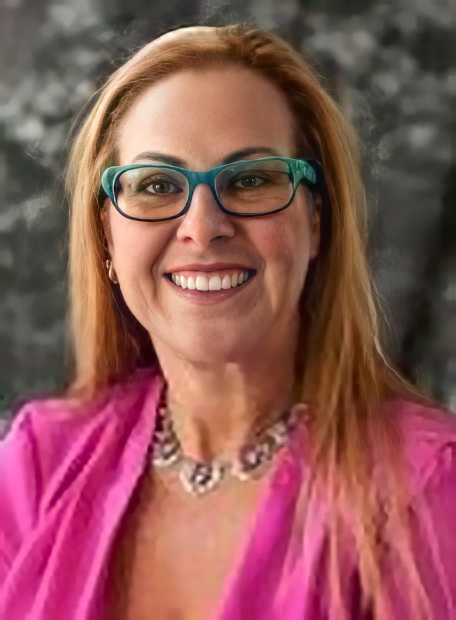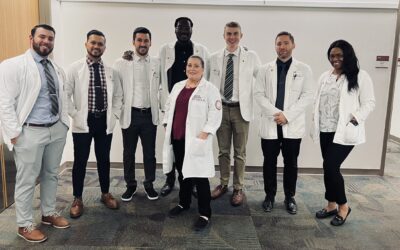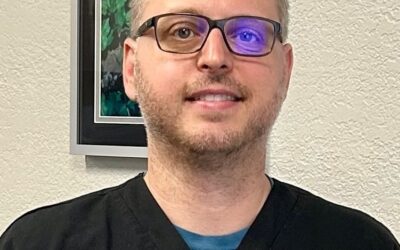 Mackenzie M. Ott, PhD, has been appointed Interim Chair of the Basic Sciences Department at the NUHS Florida-site. In her new position, Dr. Ott will play a more active role within university administrative committees.
Mackenzie M. Ott, PhD, has been appointed Interim Chair of the Basic Sciences Department at the NUHS Florida-site. In her new position, Dr. Ott will play a more active role within university administrative committees.
“I am most excited for the opportunity to elevate the bar even further for the Basic Sciences Florida faculty by working together to increase our teaching and assessment skill sets,” she said.
Dr. Ott is a Florida native who earned her Bachelor of Science in Chemistry, along with her Master of Science and Doctorate in Medical Science from the University of South Florida. Her doctoral research involved advanced electrophysiological techniques, which was published in the Journal of Neurophysiology. Since then, Dr. Ott’s main research interests has been brainstem neuronal networks responsible for the initiation of breathing, modulation of respiratory rhythms, coordination of respiratory and cardiovascular rhythms, along with baroreceptor and chemoreceptor reflex modulation.
Within NUHS’ Basic Sciences Department, some of her future goals include continuing to mentor new faculty and helping students appreciate the value of evidence-based education. She’s also looking forward to increasing collaboration among basic sciences and clinical sciences faculty members by having them attend each other’s lectures and engage in conversations about science and the importance of evidence-based practice.
“It encourages and facilitates student learning in a refreshing way when students witness faculty members discussing clinically relevant scientific principles and how they directly relate to clinical presentations,” she said. “These exercises are beneficial for both faculty and student learning.”
Dr. Ott will also continue to work directly with students as a professor in Cell Physiology & Hematology, Cardiovascular, Respiratory & Renal Physiology as well as Evaluation & Management of Cardiovascular and Respiratory Disorders.
Since starting her career at NUHS in 2013 as a physiology instructor, Dr. Ott has enjoyed experiencing the “scientific eureka moment” with students.
“It’s when we both know that a lightbulb just went off and a difficult scientific concept has been cemented into the brain via clinical relevance,” she said.




0 Comments